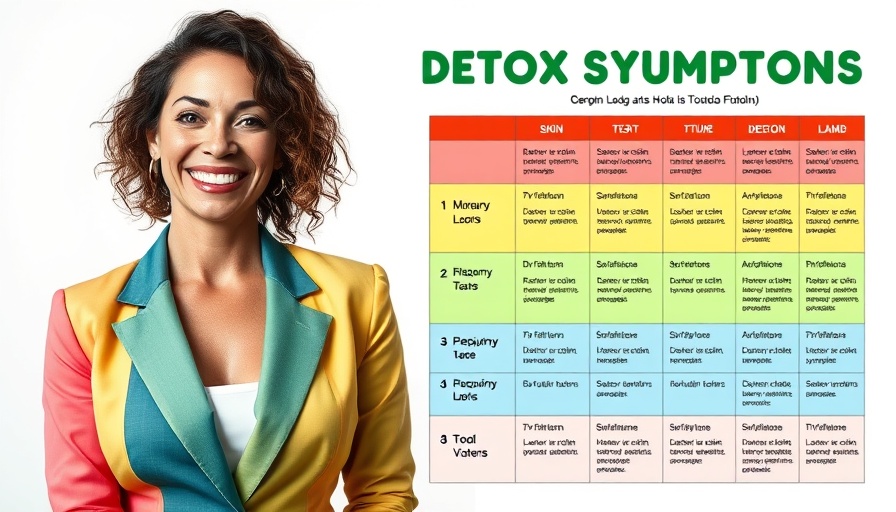
Are Influencers Endangering Our Children?
In recent weeks, Kerri Rivera, an Instagram influencer, has ignited a firestorm of controversy by urging parents to treat autism with chlorine dioxide, a potent industrial bleach. Rivera's claims center around the belief that this bleach can "cure" autism by cleansing the body of parasites that she alleges cause neurodivergence. Despite the clear risks associated with ingesting such dangerous chemicals, Rivera has garnered a following of over 17,000, with parents expressing both hope and concern.
The Horrifying Reality of Chemical Treatments
Reports from Rivera's support group reveal a grim picture. Parents describe their children suffering from severe vomiting, dangerous rashes, and seizures after administering her advocated treatments. Rivera has dismissed these alarming symptoms, reassuring caregivers that they signal a detoxification process. However, medical experts like Tim Nicholls from the National Autistic Society vehemently oppose her assertions, labeling them "sickening" and "dangerous." Rivera’s stance contradicts established medical advice that recognizes autism as a lifelong neurological condition, not a disease to be cured.
Social Media's Role in Promoting Dangerous Ideas
This troubling promotion of hazardous treatments highlights a disturbing trend where social media platforms become breeding grounds for misinformation. TikTok has already taken action and removed Rivera’s account for violation of community standards, a necessary step, but concerns linger regarding her active Instagram account, where such harmful information continues to circulate unchallenged. Advocacy groups are calling for stricter regulations on social media to prevent the spread of dangerous health claims and to safeguard vulnerable families from misinformation.
The Importance of Seeking Professional Medical Advice
In light of the dangerous recommendations put forth by figures like Rivera, it becomes crucial for parents and caregivers to rely on accredited medical professionals when making health decisions for their autistic children. The potential consequences of unsafe treatments can be severe, leading to long-term health issues or even death.
What You Can Do as a Concerned Parent
Parents are encouraged to educate themselves about autism through trusted resources such as health organizations and veteran specialists in neurodevelopment. Building a supportive community and discussing concerns in peer-led groups moderated by healthcare professionals can help demystify autism and protect children from harmful practices.
Conclusion: Protecting Our Children from Misinformation
The push for dangerous, unproven treatments challenges conventional understanding and care for autistic individuals. As misinformation spreads, it's vital for parents to advocate for their children by seeking credible guidance and pushing back against harmful narratives. Stay informed, trust professionals, and always prioritize your child’s health.
 Add Row
Add Row  Add
Add 




 Add Row
Add Row  Add
Add 

Write A Comment